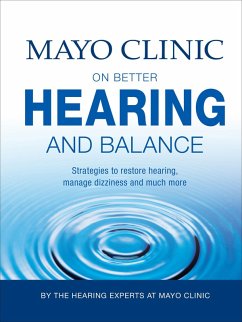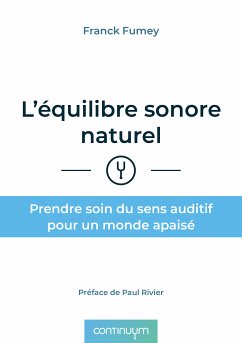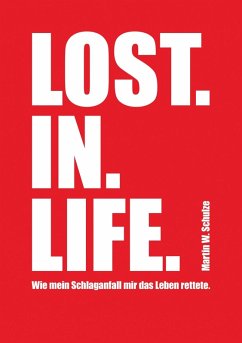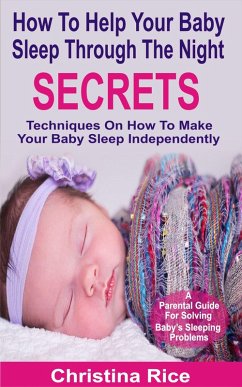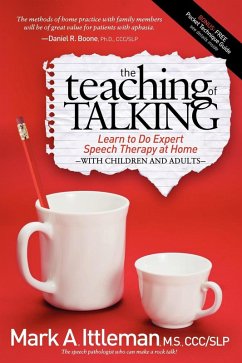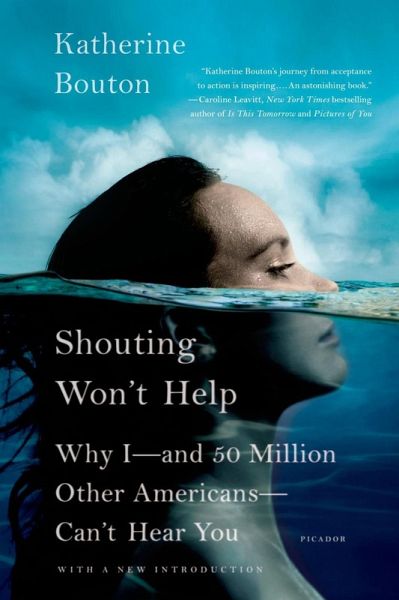
Shouting Won't Help (eBook, ePUB)
Why I-and 50 Million Other Americans-Can't Hear You

PAYBACK Punkte
8 °P sammeln!
For twenty-two years, Katherine Bouton had a secret that grew harder to keep every day. An editor at The New York Times, at daily editorial meetings she couldn't hear what her colleagues were saying. She had gone profoundly deaf in her left ear; her right was getting worse. As she once put it, she was "the kind of person who might have used an ear trumpet in the nineteenth century." Audiologists agree that we're experiencing a national epidemic of hearing impairment. At present, 50 million Americans suffer some degree of hearing loss-17 percent of the population. And hearing loss is not exclus...
For twenty-two years, Katherine Bouton had a secret that grew harder to keep every day. An editor at The New York Times, at daily editorial meetings she couldn't hear what her colleagues were saying. She had gone profoundly deaf in her left ear; her right was getting worse. As she once put it, she was "the kind of person who might have used an ear trumpet in the nineteenth century." Audiologists agree that we're experiencing a national epidemic of hearing impairment. At present, 50 million Americans suffer some degree of hearing loss-17 percent of the population. And hearing loss is not exclusively a product of growing old. The usual onset is between the ages of nineteen and forty-four, and in many cases the cause is unknown. Shouting Won' t Help is a deftly written, deeply felt look at a widespread and misunderstood phenomenon. In the style of Jerome Groopman and Atul Gawande, and using her experience as a guide, Bouton examines the problem personally, psychologically, and physiologically. She speaks with doctors, audiologists, and neurobiologists, and with a variety of people afflicted with midlife hearing loss, braiding their stories with her own to illuminate the startling effects of the condition. The result is a surprisingly engaging account of what it's like to live with an invisible disability-and a robust prescription for our nation's increasing problem with deafness. A Kirkus Reviews Best Nonfiction Book of 2013
Dieser Download kann aus rechtlichen Gründen nur mit Rechnungsadresse in A, B, BG, CZ, D, DK, EW, E, FIN, F, GR, HR, H, I, LT, L, LR, NL, PL, P, R, S, SLO, SK ausgeliefert werden.




